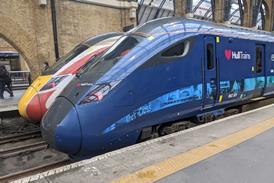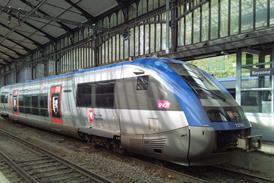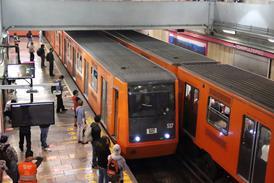Close menu
- Home
-
News
- Back to parent navigation item
- News
- Traction & Rolling Stock
- Passenger
- High Speed
- Freight
- Infrastructure
- Policy
- Technology
- Ticketing
- Business
- Research, Training & Skills
- Accessibility & inclusion
- People
- Urban rail news
- Suburban and commuter rail
- Metro
- Light rail and tram
- Monorail and peoplemover
- Regions
- InnoTrans
- In depth
- Events
- Data
- Maps
- Tenders & Jobs
- Sponsored content
- Insights
Gyeongchun Line reopens in Seoul
By Railway Gazette International4 January 2011

SOUTH KOREA: KR’s Gyeongchun Line to the east of Seoul was reopened on December 21 following the completion of a 2·7 trillion won project to replace the former single-track regional diesel route by a new double-track elevated and electrified alignment.
Already have an account? LOG IN
To continue…
You’ve reached your limit of content for the month
Get enhanced access to Railway Gazette news and weekly newsletters.
Site powered by Webvision Cloud














